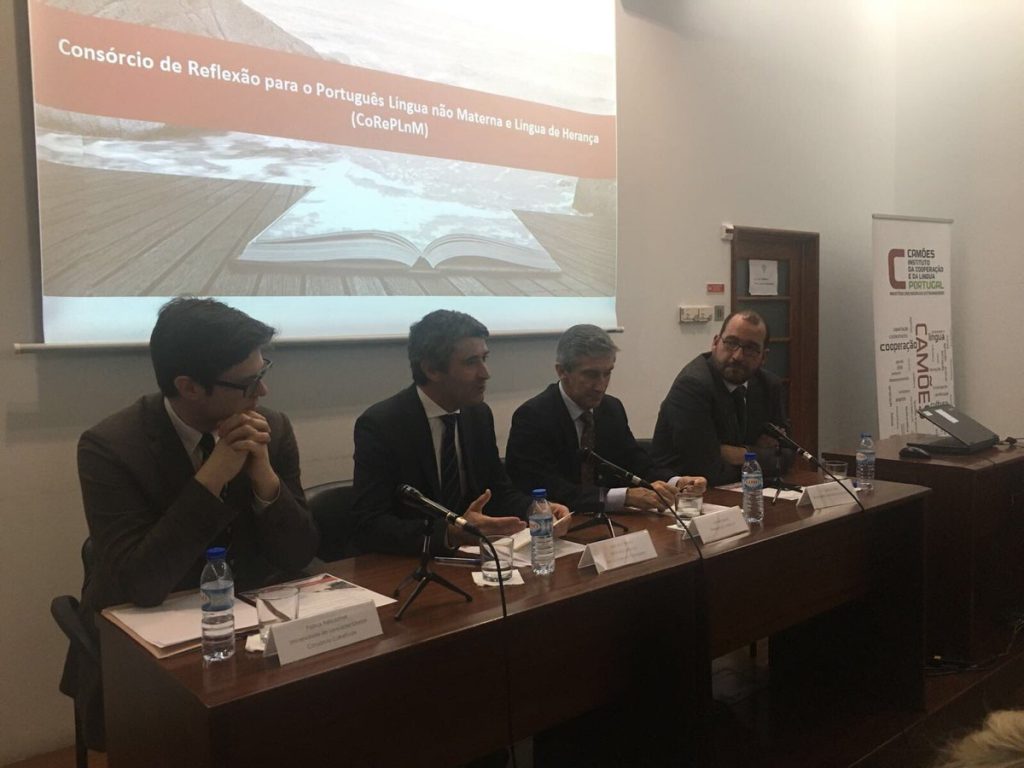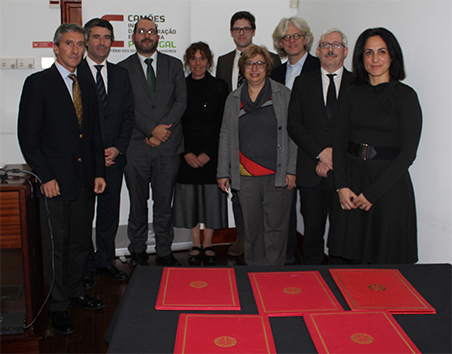Universidade britânica é palco de combate a estereótipos sobre ciência para jovens portugueses
Follow link to access the article on the Diário de Notícias website.
Uma Organização não-governamental e a universidade britânica de Lancaster juntam-se em maio para ensinar a portugueses que a ciência é também uma oportunidade de carreira combatendo os estereótipos que são mais evidentes entre os imigrantes.
O estereótipo de que os cientistas são sobretudo “homens super inteligentes de classe média-alta” deve ser combatido junto dos adolescentes portugueses para os encorajar a seguir carreiras em ciências, tecnologias, engenharia e matemática (CTEM), defende a investigadora Joana Moscoso.
A bióloga é cofundadora da organização sem fins lucrativos Native Scientist, que se associou-se à Universidade de Lancaster, no noroeste de Inglaterra, para promover uma série de oficinas em língua portuguesa para jovens entre os 12 e 15 anos intitulada “Native Explorers”, no dia 12 de maio.
De acordo com Moscoso, os estudantes migrantes são duas vezes mais propensos a ter um desempenho inferior em ciência e matemática do que o resto dos colegas, acabando por rejeitar uma carreira em CTEM e por não frequentar o ensino superior.
No caso da comunidade tradicional de emigrantes portugueses, a experiência que retirou do trabalho com crianças do ensino primário ao longo de cinco anos é que é frequente a falta de incentivo a carreiras científicas.
“Há um estereótipo de que a ciência é só para um certo tipo de pessoas – homens super inteligentes de classe média-alta. Há também uma grande falta de conhecimento sobre o que é, de facto, ser cientista. Isso faz com que muitas pessoas não considerem uma carreira nessa área”, disse à agência Lusa.
As oficinas vão tentar atrair adolescentes de origem portuguesa e dar-lhes uma experiência na universidade, onde terão oportunidade de contactar com investigadores em áreas como engenharia química, biologia, astrofísica ou empreendedorismo.
“Uma grande proporção de crianças decide que a ciência ‘não é para mim’ até aos 12 anos. Enquanto que a maioria das atividades da Native Scientist são para crianças com menos de 12 anos, trabalhar com adolescentes é importante na medida em que os pode ajudar a reavivar o fascínio pela ciência e promover uma atitude de ‘eu posso ser cientista se eu quiser’, vincou Moscoso.
Na véspera, a 11 de maio, a universidade de Lancaster realiza um evento chamado “Outreach without Borders” [Divulgação sem Fronteiras], direcionado sobretudo a académicos, profissionais ou empreendedores sociais, onde serão discutidos desafios e oportunidades para a comunicação da ciência junto do público em geral.
Joana Moscoso refere como esta actividade tem evoluído nas últimas décadas, e que, para além das visitas de estudo a museus e documentários televisivos sobre a vida animal, existem agora eventos como festivais de ciência ou a deslocação dos próprios cientistas às escolas.
“Neste evento vamos falar das últimas tendências neste campo, que são o desenvolvimento de atividades de comunicação de ciência viradas para um pública-alvo muito específico a fim de promover a inclusão e diversidade. Vamos apresentar projetos como a Native Scientist, para crianças imigrantes ou o Sex & Bugs & Rock N Roll, para apaixonados da música”, revelou.
A Universidade de Lancaster é considerada uma das dez melhores universidades do Reino Unido, onde 35% dos estudantes são internacionais, provenientes de mais de 122 países.
Vários dos seus docentes são também estrangeiros, como os portugueses Nuno Bimbo, Elizabete Carmo-Silva, Ricardo Zózimo, que vão promover as oficinas no segundo dia, e Patrick Rebuschat, responsável pelo projeto de colaboração com a Native Scientist.
Segundo este especialista em linguística, este projeto “proporciona aos académicos de Lancaster uma oportunidade importante para refletir sobre a comunicação da ciência e sobre o seu papel no aumento da participação e [uma oportunidade] para partilhar conhecimentos com uma organização única de divulgação científica que inspira crianças e adolescentes migrantes em toda a Europa a estudar disciplinas CTEM e a desenvolver a proficiência nas suas línguas nativas”.
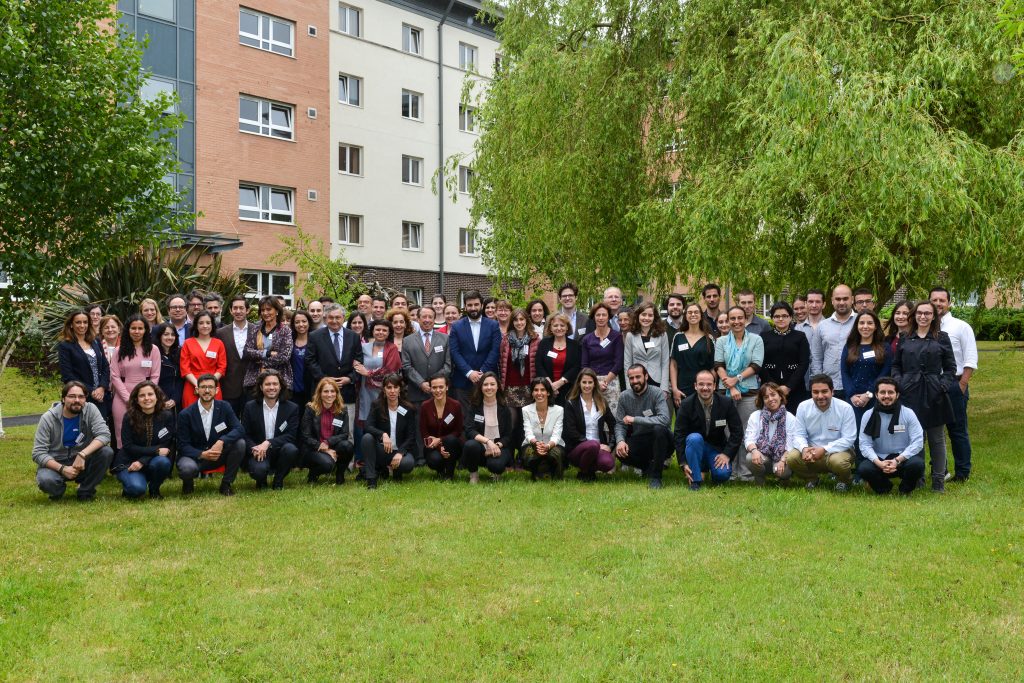
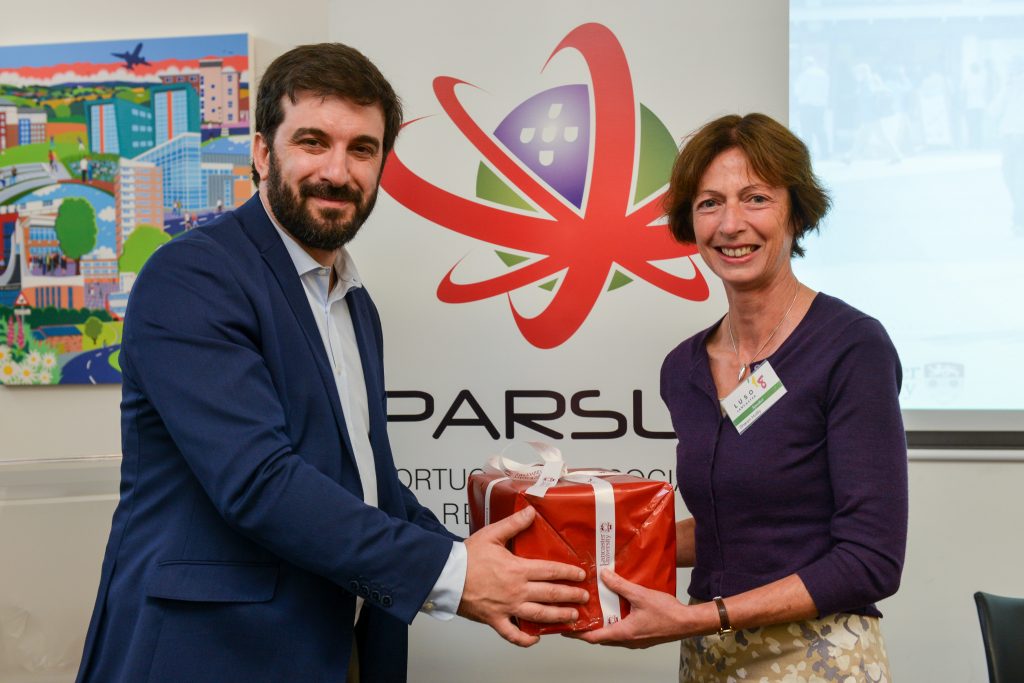
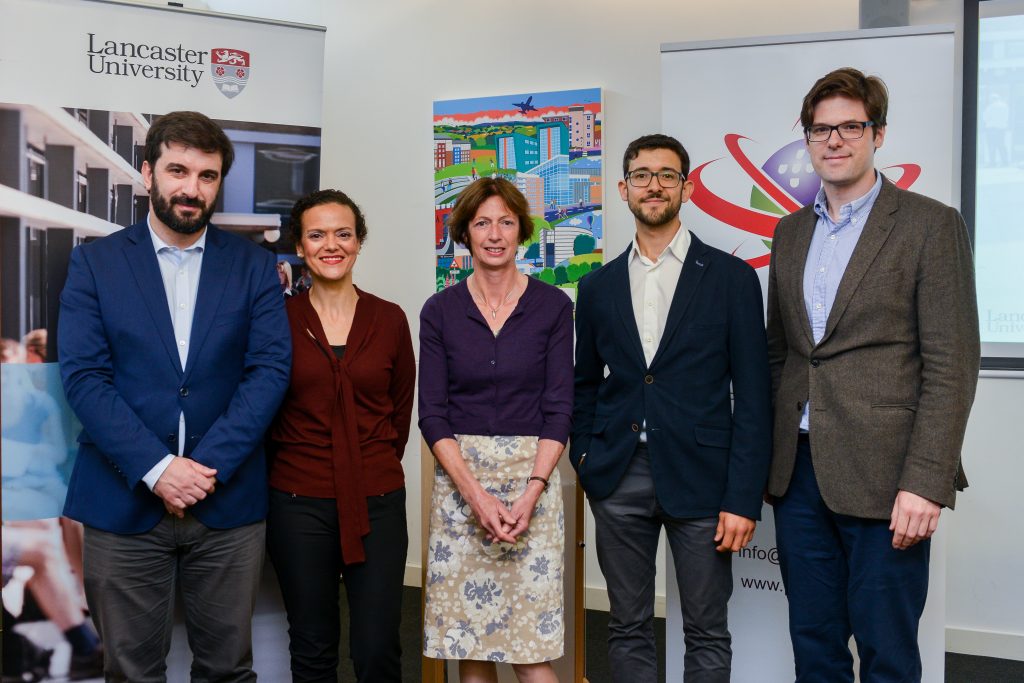


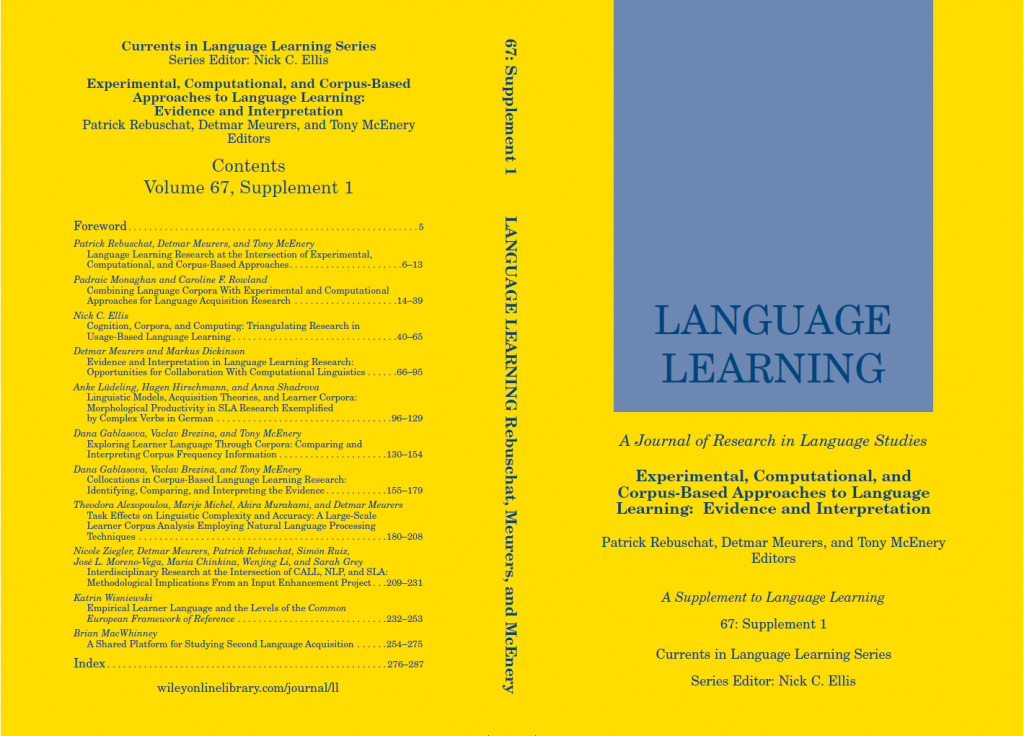
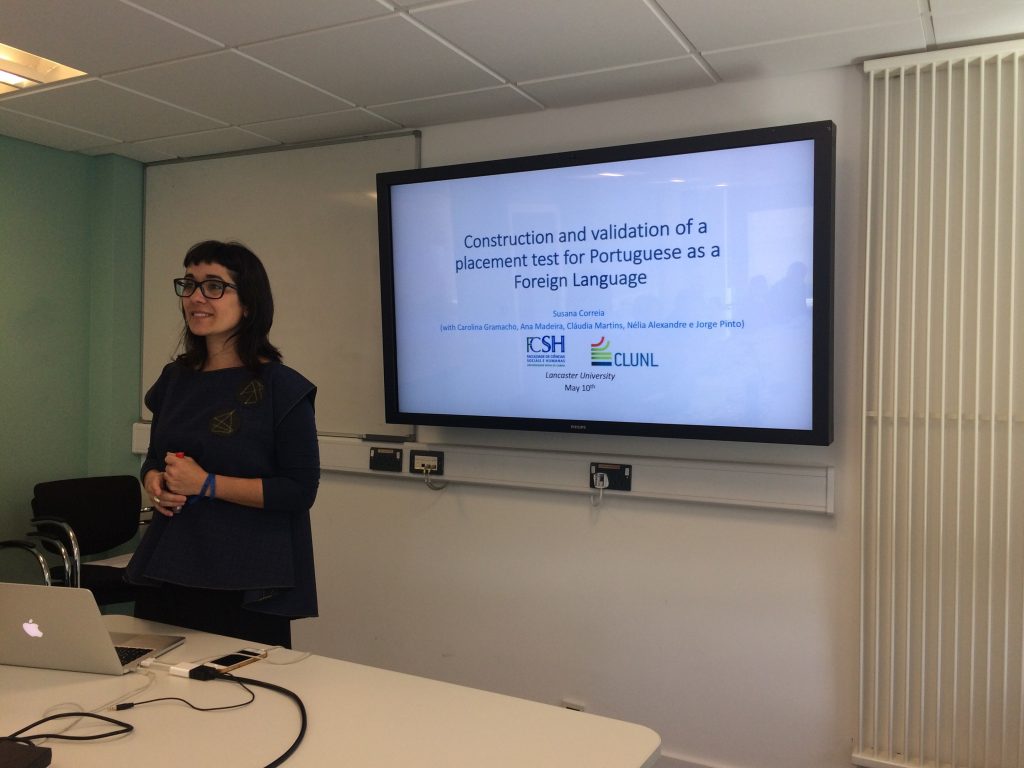

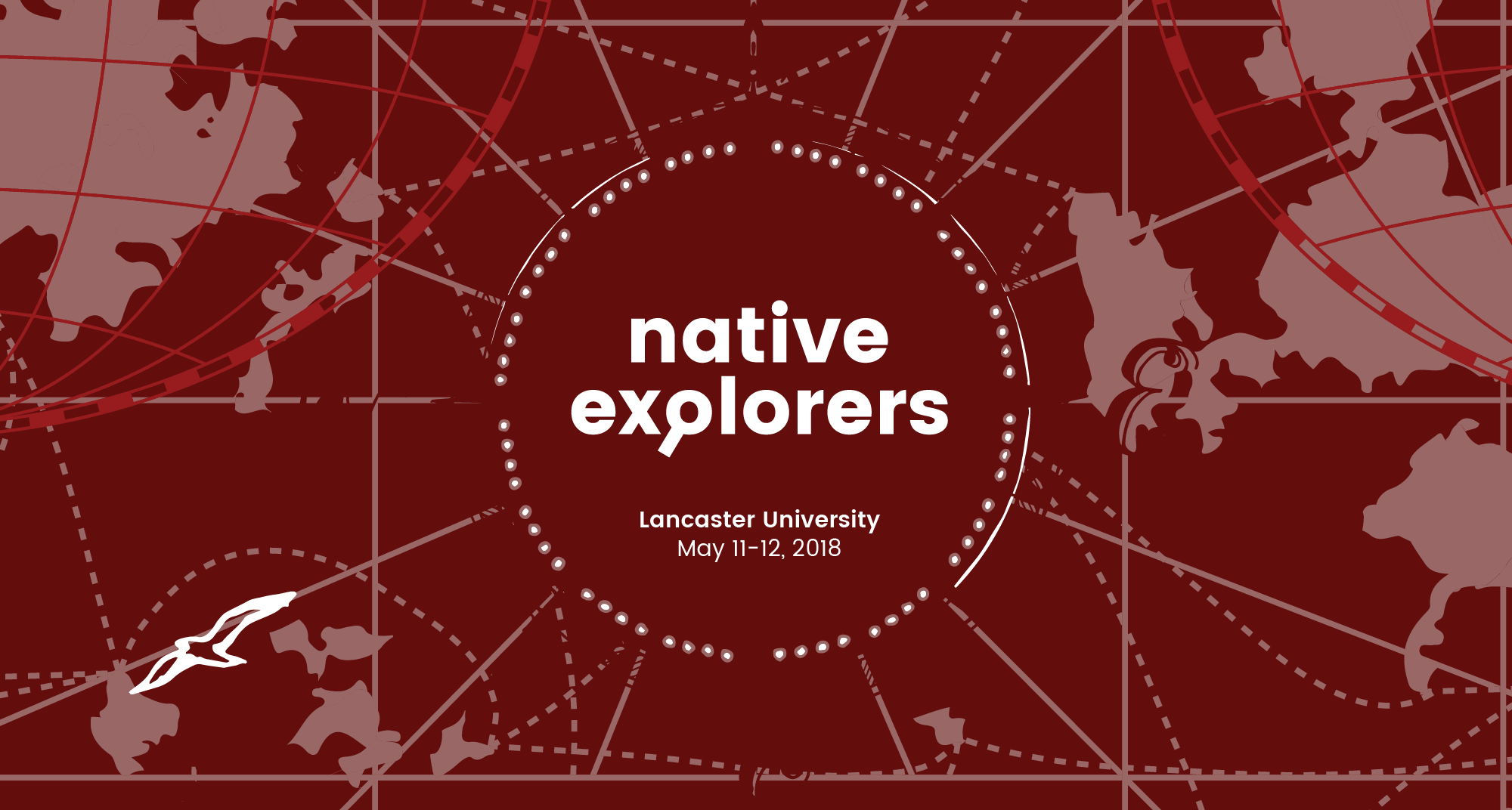

.jpg?zoom=1.25&w=676)
